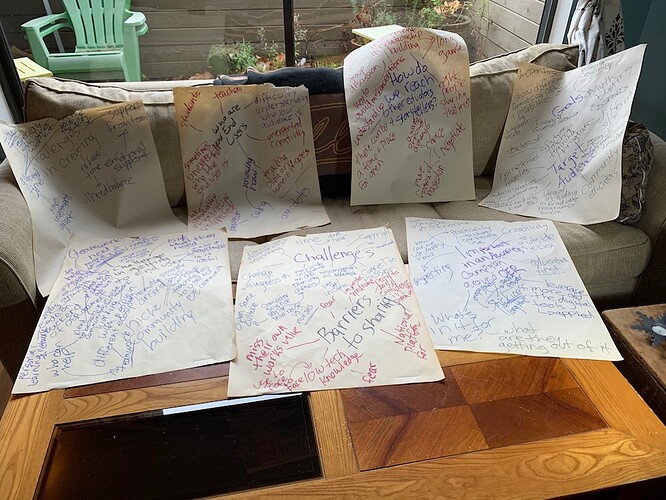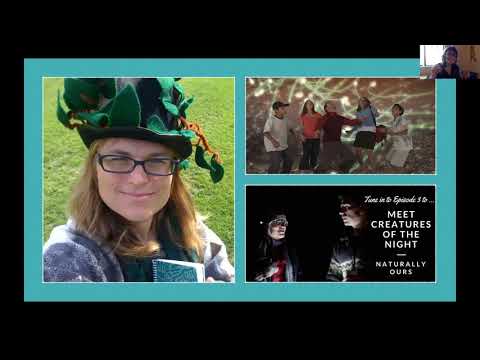Authors: Erica Hargreave, Lori Yearwood
Institutions: BCIT / UBC / StoryToGo / Ahimsa Media, StoryToGo / Ahimsa Media
Countries: Canada, United States
Topic: Global Collaboration, Strategies, & Policies in Open Education
Sector: Lifelong Learning
UNESCO Area of Focus: Building capacity
Session Format: Workshop
Abstract
While the Open Educational Resource (OER) community does a wonderful job of engaging with one another online, open educational resources are difficult to find, much of the conversation and resource building is limited to academia, and the broader educational and content creation communities are unaware of OERs and the OER community. For OERs to become more mainstream, we need to engage educators and content creators beyond academia in the conversation. We need to stop limiting our conversation to educational silos defined by what type of institution or organization that we work within. In addition, we need to make OERs easier to find. While there are some wonderful initiatives happening to aggregate and spread OER content, like the OER World Map and Open Education Week, we need to look at ways to increase the conversation around OERs in an ongoing manner throughout the year, in conversations with the broader educational and content creation communities. By improving the visibility to platforms that are aggregating OERs and broadening the conversation around OERs into expanding network of educators, we make OERs easier to find, and hopefully encourage a broader group of educators and content creators to contribute OERs to OER aggregators.Our goal in this session is to come together to start planning ways to bring OERs into broader conversations amongst educators and content creators.
Keywords
Online Engagement, OER Aggregation, OER Visibility, OER Awareness, OER Community Building


